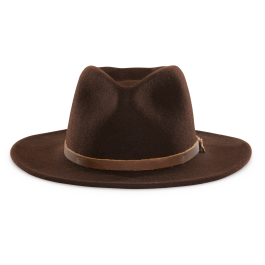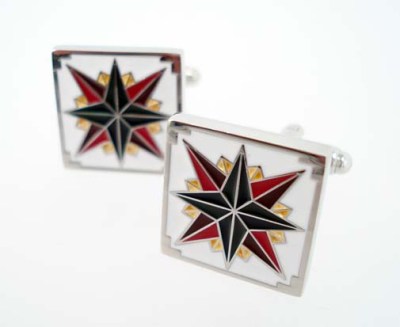
I have heard it said that the person least likely to know A Terrible Truth about someone is the person him/herself. The people around them have all the information, and those closest have generally processed it unconsciously, accepted it unconsciously, and moved on. Most people are far too preoccupied with their own concerns and troubles to give much mind to those of other people unless they are explicitly asked to. I have seen this for myself more than once.
In my Catholic high school, most of our teachers were habited nuns, young, vibrant, smart and funny. When, during the fall of my freshman year, I had a powerful spiritual experience of the presence of God, I automatically felt I was going called to enter the convent. (Context is everything. Had I grown up evangelical, I probably would have just taken Jesus as my lord and savior and gotten on with my life.)
I suppose, in retrospect, it was a lot like being in love. Every song on the radio was a message from God. I still can’t hear “I Can’t Fight This Feeling” when it comes on suddenly in the grocery store or gym without tearing up. But as strongly as I felt this pull, I also knew I had to keep it to myself. Although my dad is Irish/Polish Roman Catholic, my mom is a WASP. Over the years, they would often argue “about religion”; I was in my forties before I realized that, all those times, they had really been arguing about social class markers. And my sister had refused to be confirmed and stopped going to church long since, so I knew she wouldn’t be too pleased by my decision either.
I kept this secret for three years, and I wasn’t totally wrong to do so. When my parents finally found out, my mother refused to talk to me for two weeks. My dad, who long ago had briefly considered the priesthood, understood and passed messages to me from my mom until the worst was over. But here’s the thing. When my sister came home for Thanksgiving that year, I told her, nervously anticipating her loud disapproval. Instead, she said, “Yeah, I know.”
Go figure.
At the end of my first year in college, I told God to find something else for me to do. Poverty and obedience were not problems, but lifelong celibacy was something I just didn’t think I could do. I can’t decide if irony is one of the seven virtues or one of the seven deadly vices…
Anyway, this was the mid 1980s. The only reason I knew anything at all about the existence of homosexuality was the scourge of AIDS. I graduated college and moved to Japan to try my hand at teaching English. While I was there some of the American teachers were passing around Alison Bechdel’s book Dykes to Watch Out For. I read it and things shifted in my head. At Thanksgiving the year I returned to the states, my sister brought up the subject.
“Yeah,” I said, “I know.”
One the one hand, denial is not just a river in Egypt. On the other hand, when it comes to family, it is a navigable river. I loved my sister, even if I didn’t understand her. End of story.
I am thinking of these things in part because of an experience I had the other day shopping downtown. (I know you’ve been thinking, “When are we getting to the hat? I came here for the hat!” Fear not. The hat is coming.)
So last week I went to Downtown Crossing, the shopping district in Boston, looking for something—I don’t remember what. I passed the fenced-in hole in the ground that was all that remained of a burnt-out, torn-down, and otherwise hyphenated building. This week I went back (looking for cotton crew socks, unsuccessfully; don’t even get me started) and glanced up to see a thirty-story shiny highrise in the place where just last week I could have sworn there was still a hole.
I stopped in my tracks and took off my hat to gawk. Then I put my hat back on and looked across the street again: no building. Standing where I was across the street, the three-inch brim of my hat (the Henry Jones, from Goorin Brothers, Merry Christmas to me) just cut off my view of everything above the twenty-foot fence around the highrise construction site.
So I am thinking, when it comes to perspective and perception, you can’t help the twenty-foot fence society puts up, but you can choose to take off your hat.



